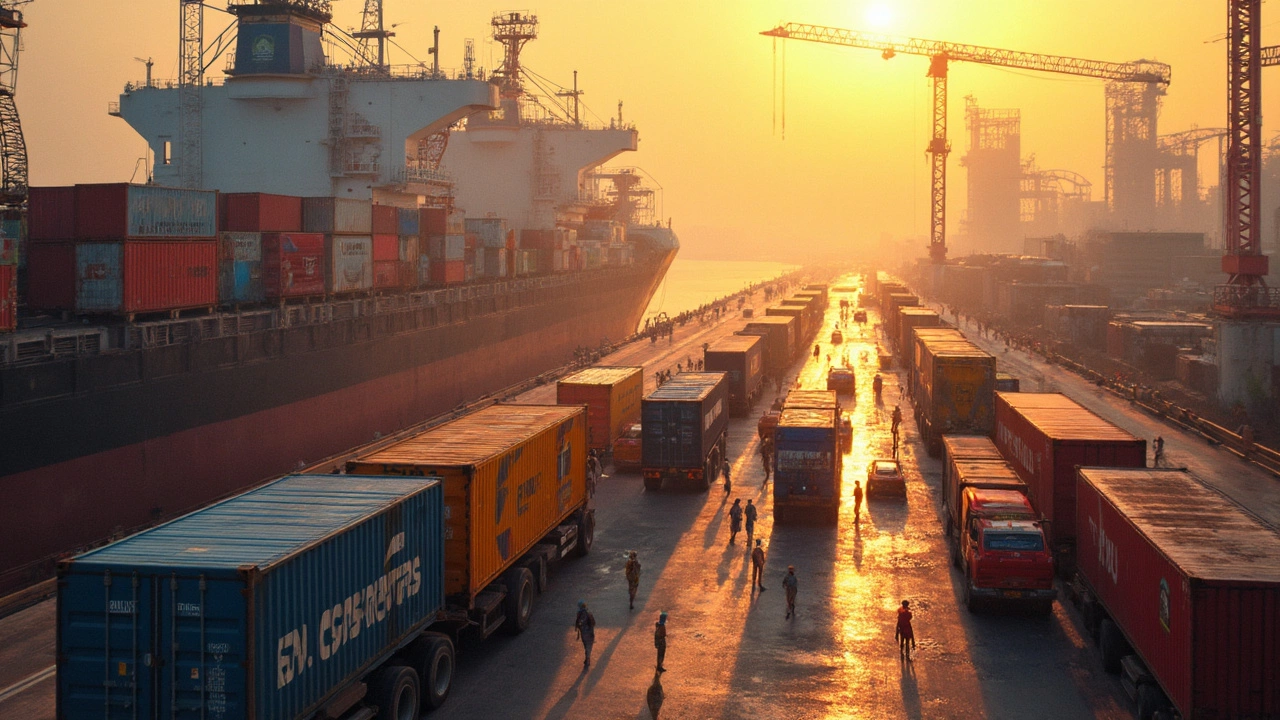Specialty Chemicals in India: What They Are, Where They’re Used, and How to Pick a Supplier
When you hear the word “chemical,” you might picture basic acids or industrial solvents. Specialty chemicals are different – they’re engineered for a specific function, like improving paint flow, boosting crop yields, or enhancing drug purity. In India, this segment is growing fast because manufacturers need higher performance and tighter specifications.
Market Growth and Key Applications
According to a 2024 industry report, India’s specialty chemicals market crossed $12 billion last year and is expected to climb another 8‑10% annually. The push comes from three big drivers: stricter quality standards, rising demand for greener products, and a wave of new manufacturing plants.
Pharma is the top consumer. Companies use specialty intermediates to create complex APIs, and the need for high‑purity reagents has made India a hub for contract manufacturing. Agro‑chemicals follow closely – seed‑treatment agents, bio‑pesticides, and controlled‑release fertilizers all rely on tailor‑made chemicals.
The electronics sector is catching up. As smartphones and electric vehicles become more sophisticated, manufacturers need specialty polymers, adhesives, and surface‑treatment chemicals that can withstand heat and moisture.
Even the cosmetics industry is tapping into specialty APIs for anti‑aging creams and natural colorants. What all these sectors share is a willingness to pay a premium for chemicals that deliver consistent results.
Another trend is sustainability. Companies are swapping traditional solvents for bio‑based alternatives, and regulators are rewarding those moves with faster approvals. This shift is opening a niche for biodegradable surfactants, renewable polymers, and low‑VOC (volatile organic compound) additives.
Choosing the Right Specialty Chemical Supplier
Finding a good supplier isn’t just about price. Start by checking their product catalog – do they list technical data sheets, safety information, and performance guarantees? A supplier that provides clear specs saves you time on trial‑and‑error.
Next, look at certifications. ISO 9001 for quality management and ISO 14001 for environmental compliance are must‑haves in today’s market. If the supplier can show Good Manufacturing Practice (GMP) compliance, you’re in a better position for pharma or food‑grade projects.
Ask about batch-to-batch consistency. Specialty chemicals often have tight tolerances, and a small variation can break an entire production line. Reputable vendors will offer certificates of analysis (CoA) with each shipment.
Logistics matter too. India’s infrastructure varies by region, so a supplier with a robust distribution network can reduce lead times and avoid stock‑outs. Some providers even offer just‑in‑time delivery, which helps you keep inventory costs low.
Finally, test their support. Good technical service means you can get help with formulation tweaks, troubleshooting, or regulatory paperwork. A quick phone call that ends with a clear solution is worth more than a lower price tag.
In short, specialty chemicals are the hidden drivers behind many of India’s fast‑growing industries. By understanding the market’s direction and vetting suppliers on quality, compliance, and service, you can secure the right chemicals for your product and stay ahead of the competition.

Chemical Manufacturers India: Which Chemical Is Mostly Imported?
India's chemical industry is huge, but not every chemical is made locally. The country heavily relies on imports for certain raw materials and specialty chemicals. Want to know which chemical tops the import charts in India? This article breaks down the reasons, highlights major import sources, and explains what it means for manufacturers and consumers. Whether you're in the business or just curious, you'll find practical details and useful tips here.
Read More